Film Analysis: Cinematic Representation of Teachers and Society
VerifiedAdded on 2022/08/12
|5
|1089
|50
Essay
AI Summary
This essay provides a film analysis of 'The Kindergarten Teacher,' focusing on the cinematic representation of teachers and its relation to societal values. The essay discusses how films convey cultural, political, and social messages, emphasizing the pedagogical role of cinema. It explores the traditional idealistic portrayal of teachers in movies versus the more complex character of Lisa Spinelli in 'The Kindergarten Teacher,' who blurs the lines between her personal and professional life. The analysis highlights how the film reflects modern views of teachers as facilitators and the potential consequences of confusing personal aspirations with professional responsibilities. The essay also references key concepts like social constructivism and the impact of societal norms on cinematic representation, ultimately examining how the film reinforces the role of teachers as key enablers of children's potential, even if they misjudge their limitations. The analysis uses the film to discuss the ethical implications of a teacher’s actions and the potential impact on a child’s life.
1 out of 5
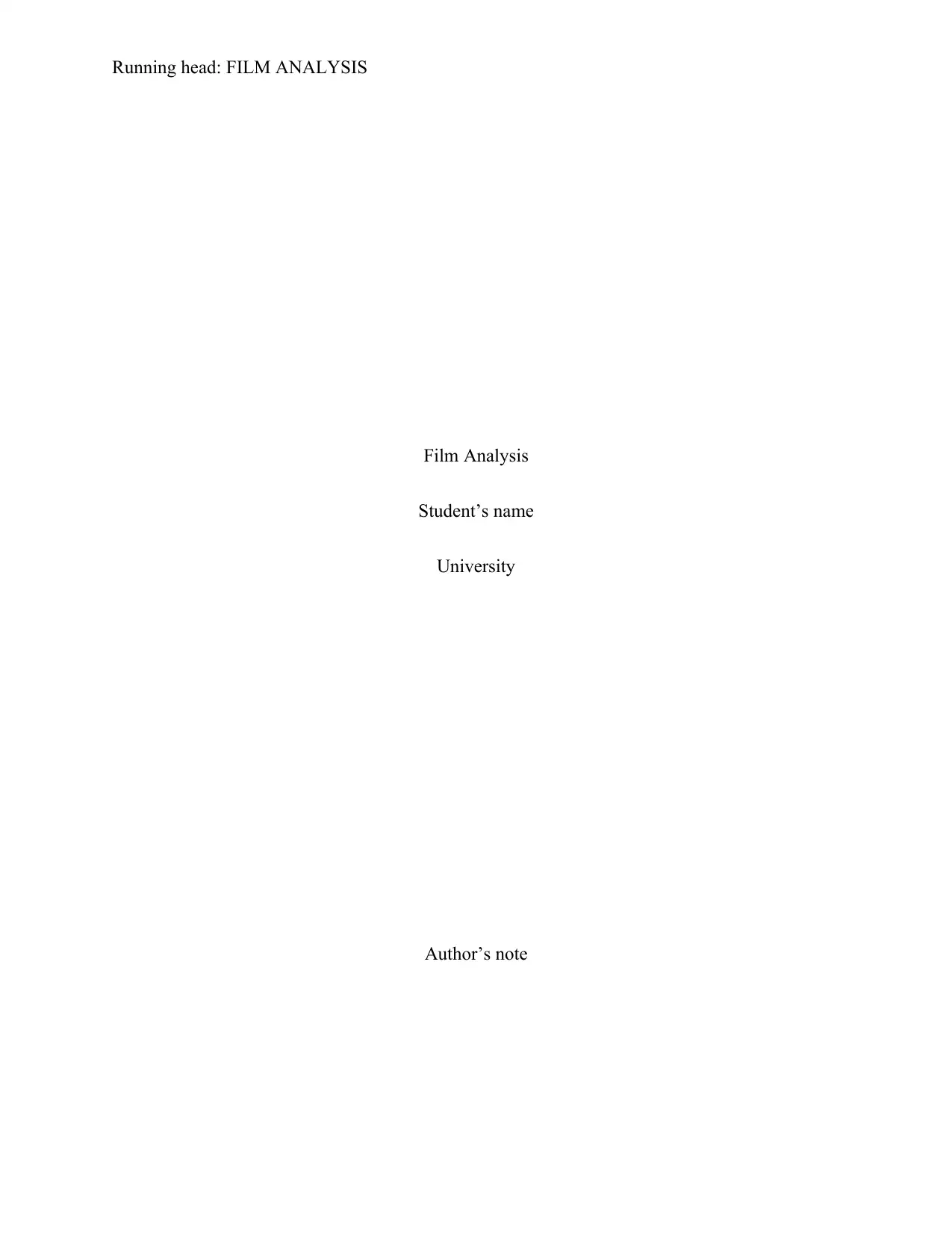
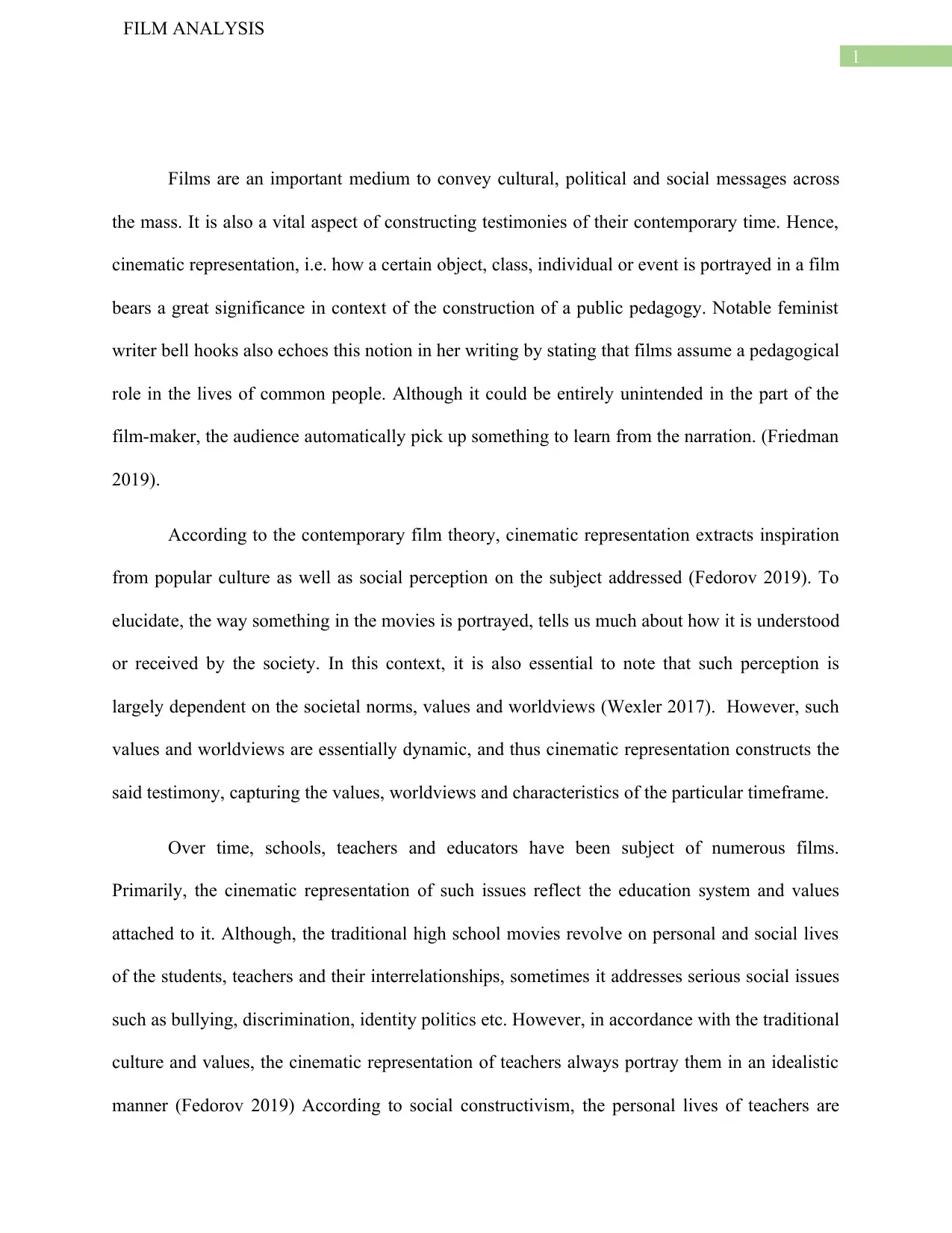
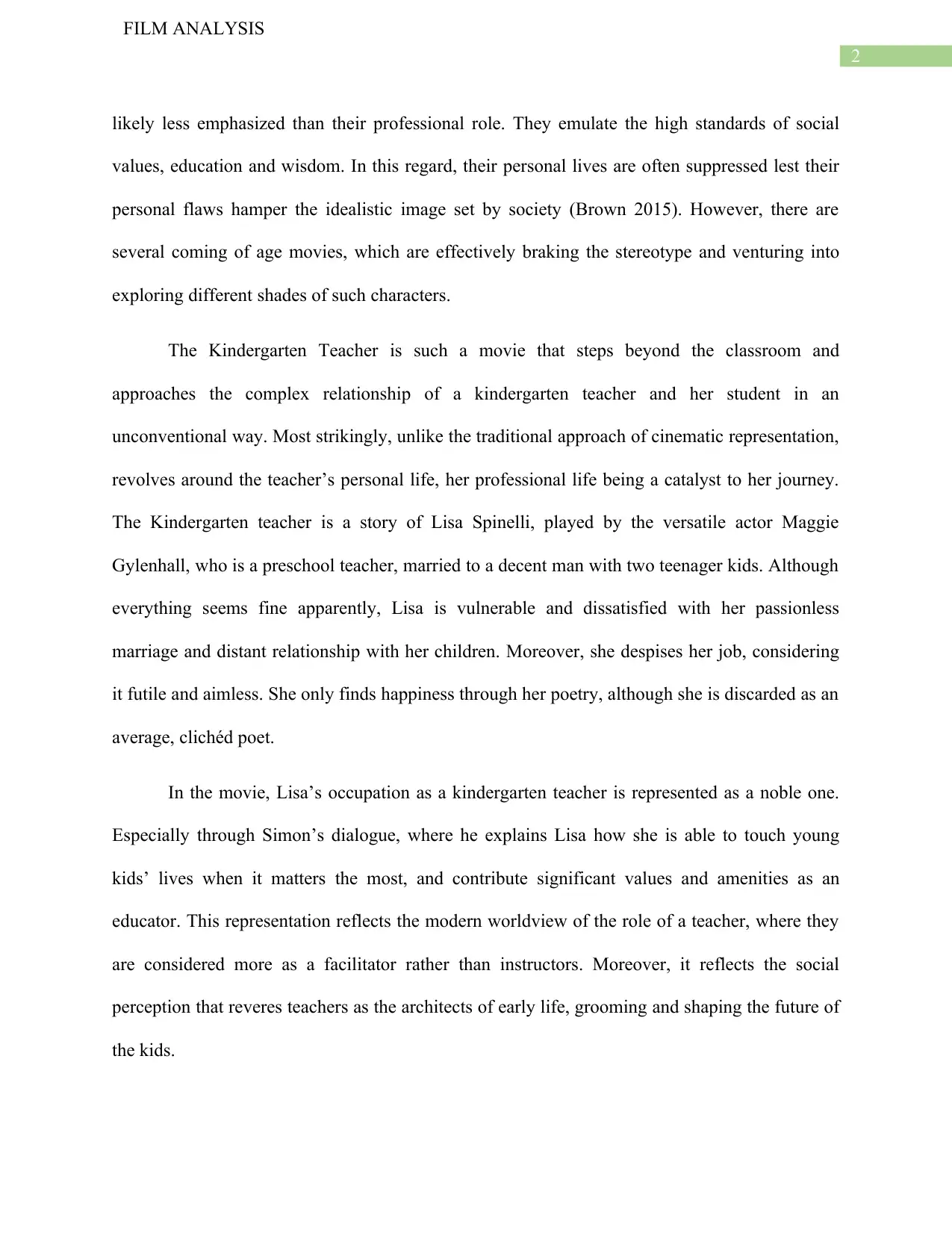

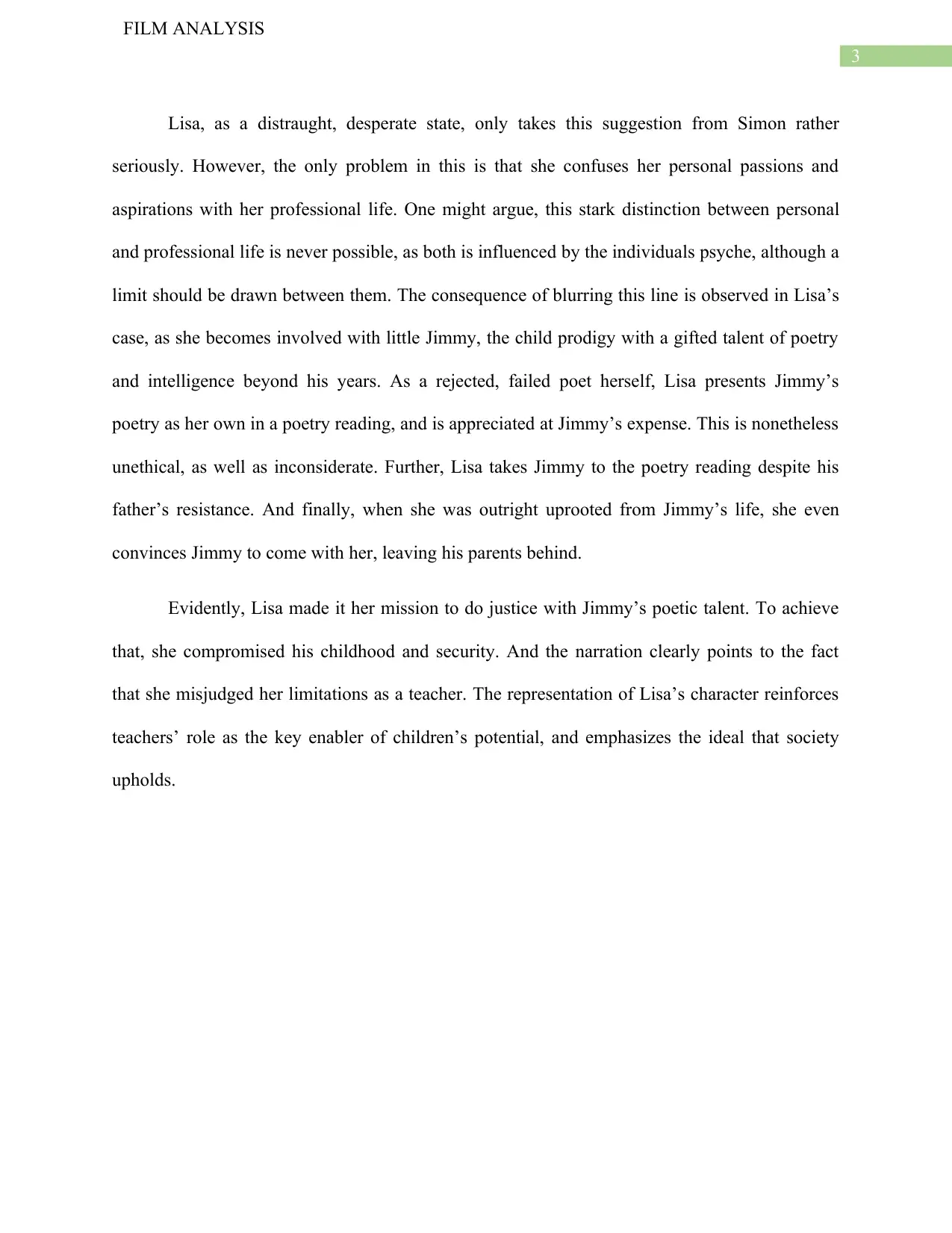
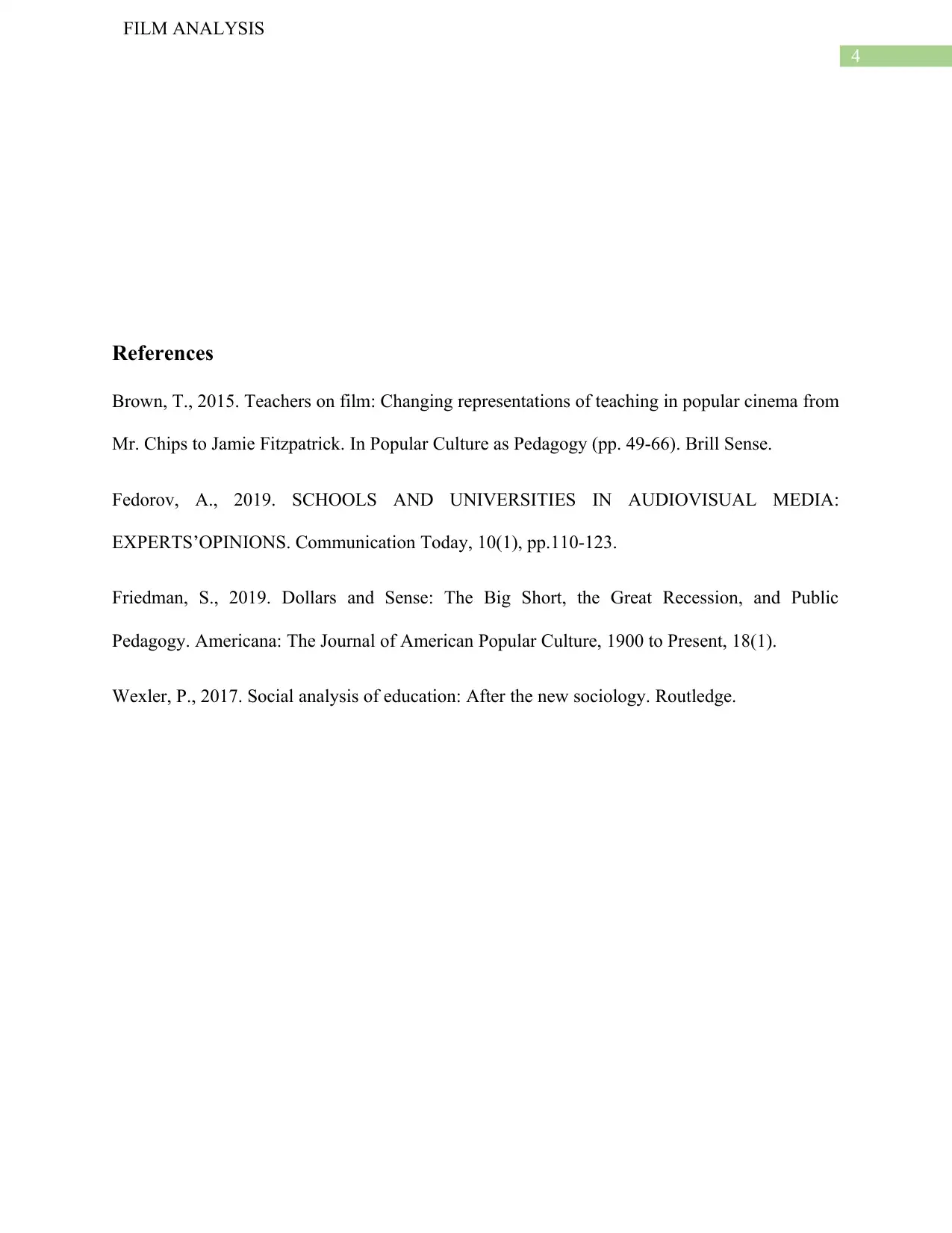
![[object Object]](/_next/static/media/star-bottom.7253800d.svg)